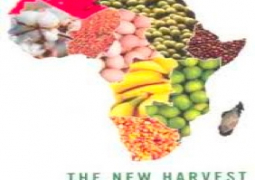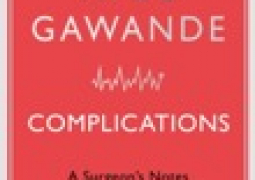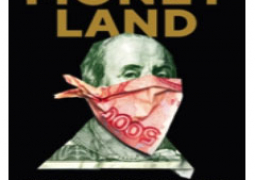The history of Africa is often one of chaos and violence, greed and corruption. A veritable treasure chest just waiting to be opened, it is a place where fortune seekers have time and again jettisoned reason and humanity to line their pockets. In the age of European colonial rule, some of history’s famous, and some might say well-regarded, men undertook wildly reckless campaigns to protect their investments. More than 100 years later, the story seems to be repeating itself.
In his history of the failed 2004 coup attempt in Equatorial Guinea, Adam Roberts provides a detailed account of how mercenaries sought to overthrow President Obiang Nguema and replace him with a puppet who would guarantee an abundance of riches from the country’s vast oil fields. Simon Mann, a British aristocrat and former officer in the Special Air Service, spearheaded the coup. He was educated at Eton, trained at Sandhurst and lived a privileged life in Britain and later in South Africa. As much as he loved cricket and garden parties, he was a thrill-seeker who revelled in Rambo-esque escapades throughout southern Africa. During the 1990’s he and another soldier of fortune, Tony Buckingham, worked with Executive Outcomes, a private security company that provided hired thugs to just about anyone in Africa.
Their army, however, was anything but ragtag. Employing veterans from the notorious South African Army 32 Battalion, Mann and his partner directed major military operations in Angola to protect oil installations. In time, Executive Outcomes was deploying its troops in places like Papua New Guinea as well. It was not Western influence that eventually curtailed the company’s operations, but rather Nelson Mandela’s South African government, which passed an anti-mercenary law in 1998 making it illegal for anyone to offer military aid overseas. Without its South African base, Executive Outcomes was all but finished.
Here is where Roberts, a staff correspondent for The Economist, picks up his story of the Wonga coup (“wonga” is British slang for a lot of money). He moves deftly between the politics of Equatorial Guinea — the tiny West African country he claims to be the most wretched on earth — and the growing restlessness of Mann and his cronies. At times Roberts overplays the gruesome nature of Equatorial Guinea’s dictatorial rulers, Macias Nguema and his nephew and successor, Obiang, particularly when it comes to accusations of cannibalism, but nonetheless he draws a convincing picture of wholesale corruption and brutality on the part of the country’s ruling class. His depiction of the soldiers amassed by Mann in the run-up to the coup oscillates between amusing and disturbing. The African leaders and the Europeans epitomize arrogance and avarice, and there is scarcely a likable person in the entire book.
To reconstruct the planning and execution of what one conspirator called the “Assisted Regime Change,” Roberts draws largely on recently released documents in the British National Archives, as well as a host of private documents from and interviews with nearly all of the story’s major players (though he fails to provide any footnotes for his sources). With this evidence, “The Wonga Coup” offers an intimate, behind-the-scenes look at precisely how an aristocratic renegade like Mann and his accused fellow plotters and financial supporters — including Sir Mark Thatcher (the son of former Prime Minister Margaret Thatcher) and, possibly, Jeffrey Archer — can amass an army to depose an African leader. Yet, despite a vast input of cash — estimated to range from $3 million to $20 million — and endless coordination, the backing and strategy were far from sufficient. The coup was an utter failure.
In his attempt to offer a detailed microhistory of it, Roberts often offers up too much detail without enough broad context. The minutiae can sometimes make for tedious reading. Nonetheless, “The Wonga Coup” is a forceful example of how a group of rapacious Europeans can hatch a fantastic plan to overthrow a foreign government, gain the tacit support of Western officials — not to mention international corporations — and fully expect to succeed in executing their grandiose vision. Moreover, several of the major plotters, despite leaving an abundant paper trail documenting their activities, escaped any formal rebuke, and instead suffered varying degrees of public humiliation, while a few others bore the brunt of formal prosecutions.
And as with South Africa at the end of the 19th century, one can’t help wondering what lies ahead for a country like Equatorial Guinea. In 1899 Britain’s desire to protect its gold supply made the South African War all but inevitable. Today, as Roberts points out, American officials “talk of Africa, especially the Gulf of Guinea, providing as much as a quarter of all American oil imports within a couple of decades.” While an all-out, American-led war in West Africa seems unlikely, men like Mann — or the Dogs of War, to borrow from Frederick Forsyth’s all-too realistic novel — may yet have more work ahead of them.





